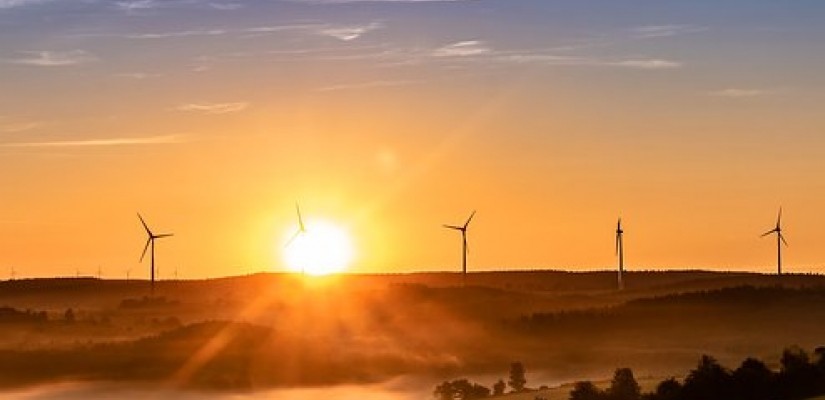Madagascar may be one of the world’s most underdeveloped countries in the 2018 Human Development Index of the United Nations Development Programme (UNDP), but tapping into the country’s renewable energy potential could nevertheless provide an investment opportunity. Advancing Madagascar’s energy sector not only increases electricity connectivity but also facilitates social and economic development. Madagascar's country profile reveals a large rural population as well as very low access to electricity and internet connectivity. Investing in small-scale solar power projects, for instance, to grant access to electricity even in remote rural areas can accelerate Madagascar’s development. Central components in the energy sector that must be improved are production capacity, energy efficiency, and the operational performance of businesses.
Of Madagascar’s 27 million inhabitants, 63% live in rural areas according to data by the World Bank from 2018. This leaves the country with the difficult task of creating a stable, pervasive energy network in order to supply the majority of the population with electricity. Only about 15% of Madagascar’s population has access to electricity and only 10% are internet users. At present, much of the population uses wood and charcoal to cook due to the lack of electricity, harming the environment. In order to increase access to electricity, the Malagasy government has established an energy strategy with the dual goals of both providing 70% of the population with electricity and increasing the ratio of renewable energy sources in Madagascar’s electricity mix to 80% by 2030. The Malagasy Ministry of Energy and Hydrocarbons also plans to raise its energy production potential from 1,500 GWh (gigawatt hours) to 7,900 GWh. The government anticipates decentralized energy supply solutions for the country’s 22 regions, including on-grid, mini-grid, and off-grid options to reach its targets and improve its energy sector.

Much of Madagascar’s renewable electricity supply is sourced from hydroelectric plants, which require substantial improvement in capacity potential. Developing and expanding the network of small hydroelectric power plants in particular is an opportunity that the energy sector must further explore. Providing maintenance for old hydroelectric plants is another business opportunity that the energy sector can profit from. The World Bank has detected 2,045 small hydroelectric power sites, of which 30 were selected as particularly promising, ranging from 1 to 20 MW (megawatt). While the domestic service industry and technology must be further advanced in order to adequately sustain the energy sector, foreign companies may have the necessary skills and tools to fill this gap and achieve gains from an investment in this sector.
Another major renewable energy potential lies in solar power, since the country receives an average of 2,800 hours of sunlight annually; harnessing this sunlight would yield an estimated 2,000 kWh/m² per year. The International Finance Corporation of the World Bank Group has commenced the Scaling Solar initiative in early 2016 in order to build a solar power plant of about 25 MW and install solar energy storage technology. Additionally, wind energy can be generated in the northern and southern regions of the country, where wind speeds reach approximately 3 to 8 m/s, yielding an estimated electricity capacity of 2,000 MW.
In order to finance the expansion of Madagascar’s energy sector, the country has received funds totaling $105 million by the World Bank under the Electricity Sector Operations and Governance Improvement Project (ESOGIP). The ESOGIP will aid Madagascar’s government to decrease energy loss, increase energy efficiency, raise the ratio of renewables in the domestic energy mix, develop its governance of the energy sector, and improve operational performance of Jirama, Madagascar’s state-owned electric utility and water services company. Madagascar provides much room for improvement in its energy supply. Transforming the country’s energy sector can, as a result, produce substantial economic and social development. Particularly renewable small-scale, mini-grid, or off-grid solutions that are tailored to the distribution of Madagascar’s population in rural areas could deliver positive results.
